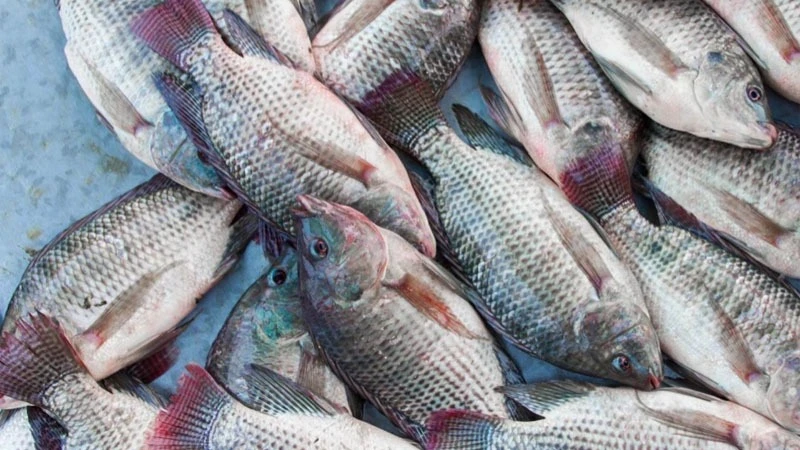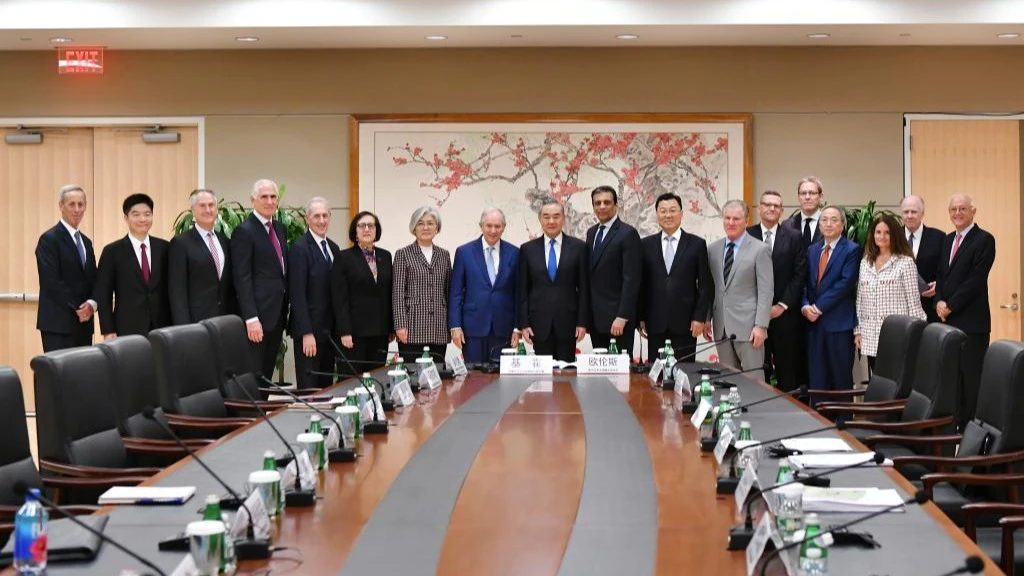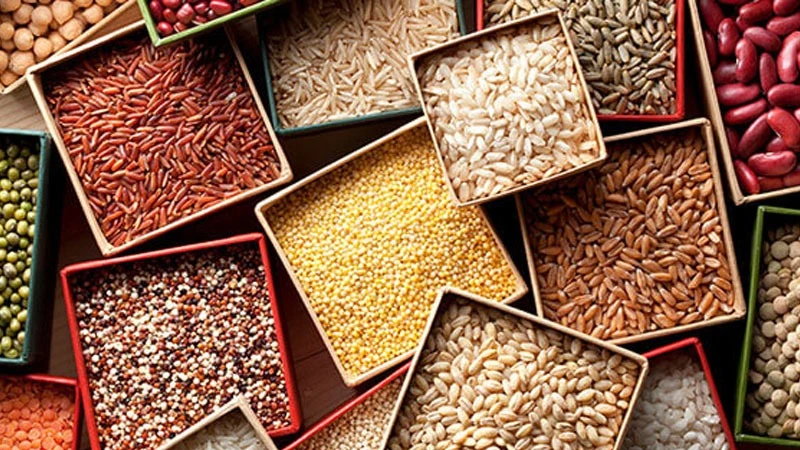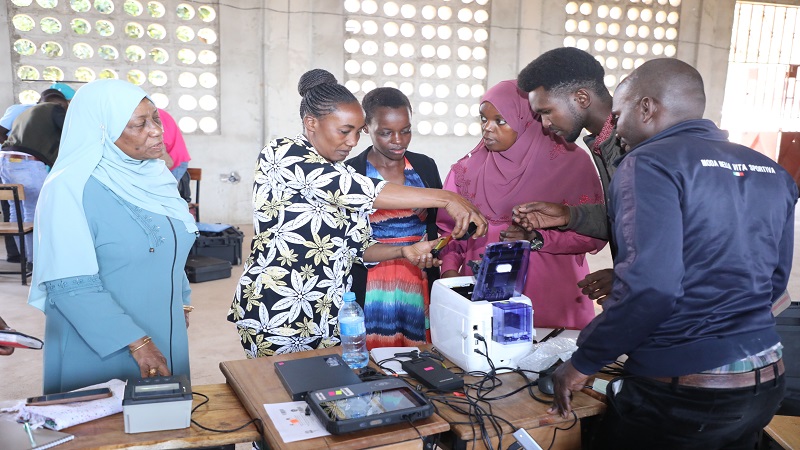Africa can increase fishery output by at least 1 million tons annually, report finds

AFRICA has the potential to increase its freshwater fishery output by at least 1 million metric tonnes (MT) annually by reviewing current regulations on harvesting, according to a new report.
The report from the African Natural Resources Management and Investment Center (ANRC) said the continent should promote fishery management policies that encourage traditional fishing techniques, especially ones which focus on targeting all available fish populations in a fishery, as opposed to models based on the “selectivity of catches, with the aim of avoiding catching small fish.”
Currently, fish product output within Africa’s freshwater systems is estimated at 3.3 million tons of fish annually, but the potential, according to the report, is actually around 4.5 million MT.
“Developing the potential of inland fisheries is a major challenge but can also be viewed as an opportunity to meet Africa’s growing need for fish and, hence, better nutrition,” the report said.
Though the approach sounds negatively exploitative on the surface, the report acknowledges, it actually enables “much higher levels of production while still preserving the integrity of ecosystems.”
“The balanced harvesting approach proposes to distribute moderate fishing pressure over the widest possible range of species, stocks, and sizes in an ecosystem in proportion to their natural productivity,” the report said.
Conversely, the conventional single-species fisheries management approach that most fisheries in Africa take to harvesting has, for decades, failed to “prevent overfishing, lacking control over the continuous increase in fishing capacity or the technological developments that went with it,” according to the report.
“Conventional fisheries management [also] fails to take into account the interactions between species and that the structure of ecosystems, by focusing heavily on target selectivity, has been severely impacted despite all the conservation measures implemented,” the report said.
The report estimates that if current fish consumption rates per person continue at 10 kilograms every year on the continent, the gap between Africa’s supply and demand will reach a deficit of 12 million MT by 2050, requiring innovative strategies, such as the one proposed, to balance out.
To warm the industry up to the new approach, the report recommends educational programs targeting such stakeholders as fishery managers, tourism fishing captains, conservationists, and civil society organizations on the principles of balanced harvesting.
Top Headlines
© 2024 IPPMEDIA.COM. ALL RIGHTS RESERVED






















